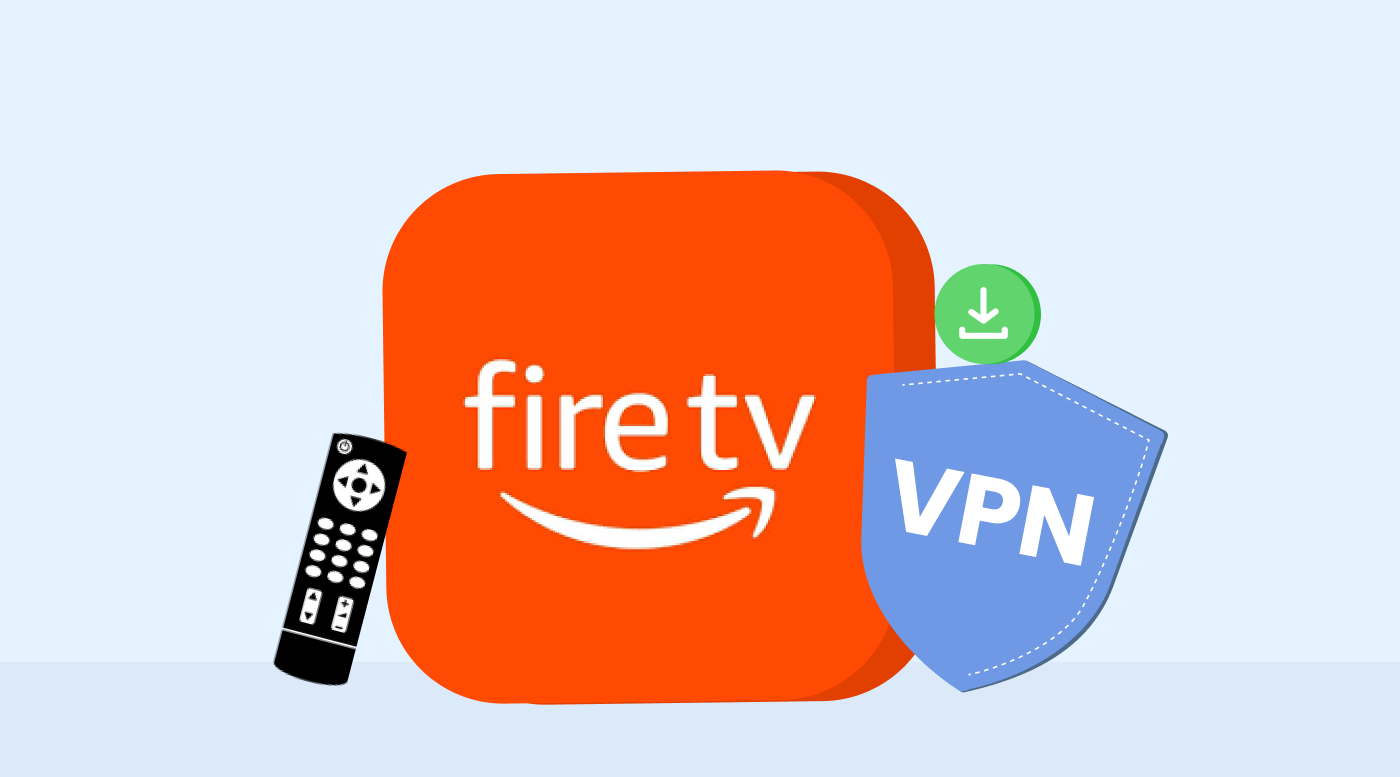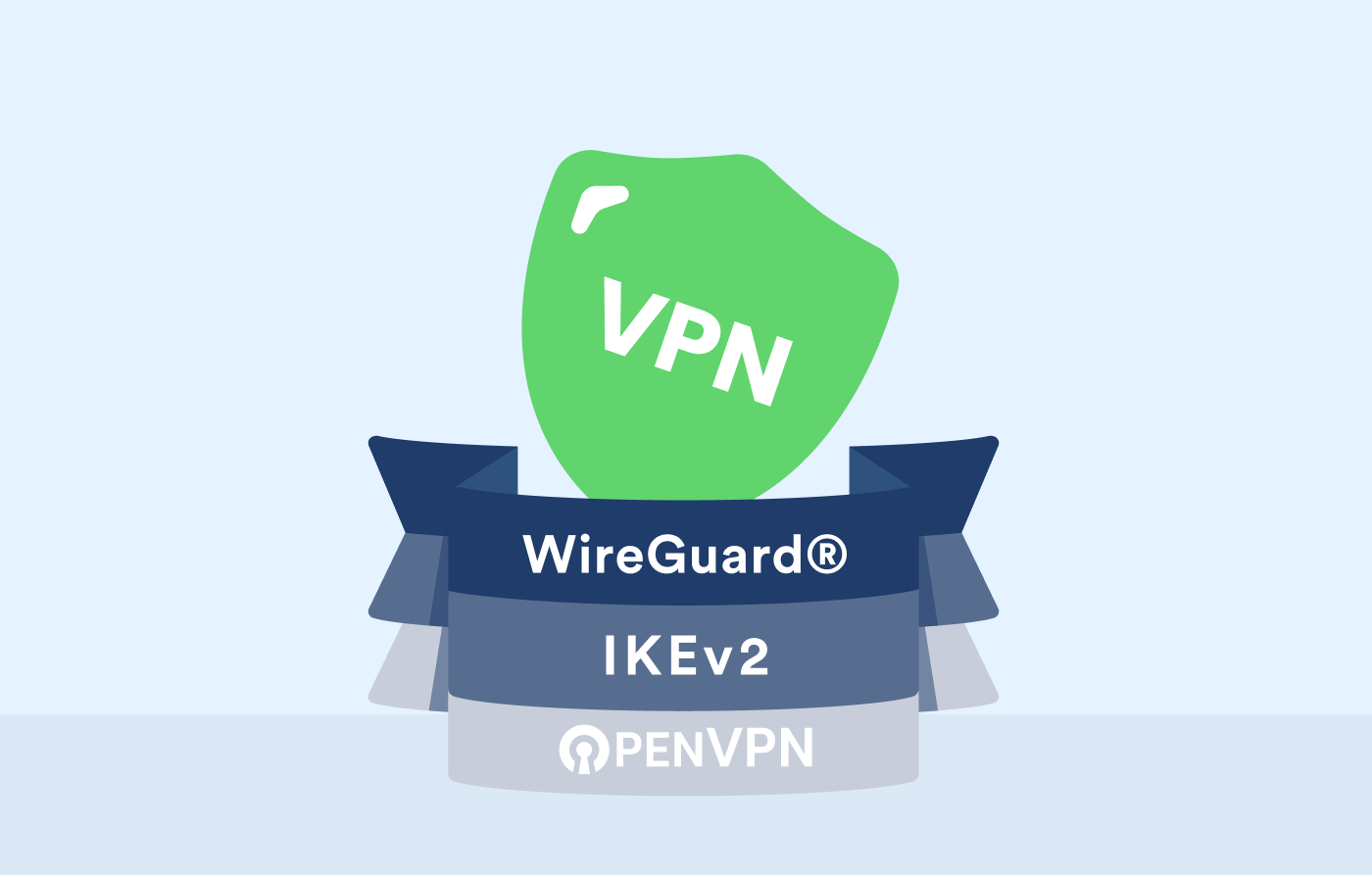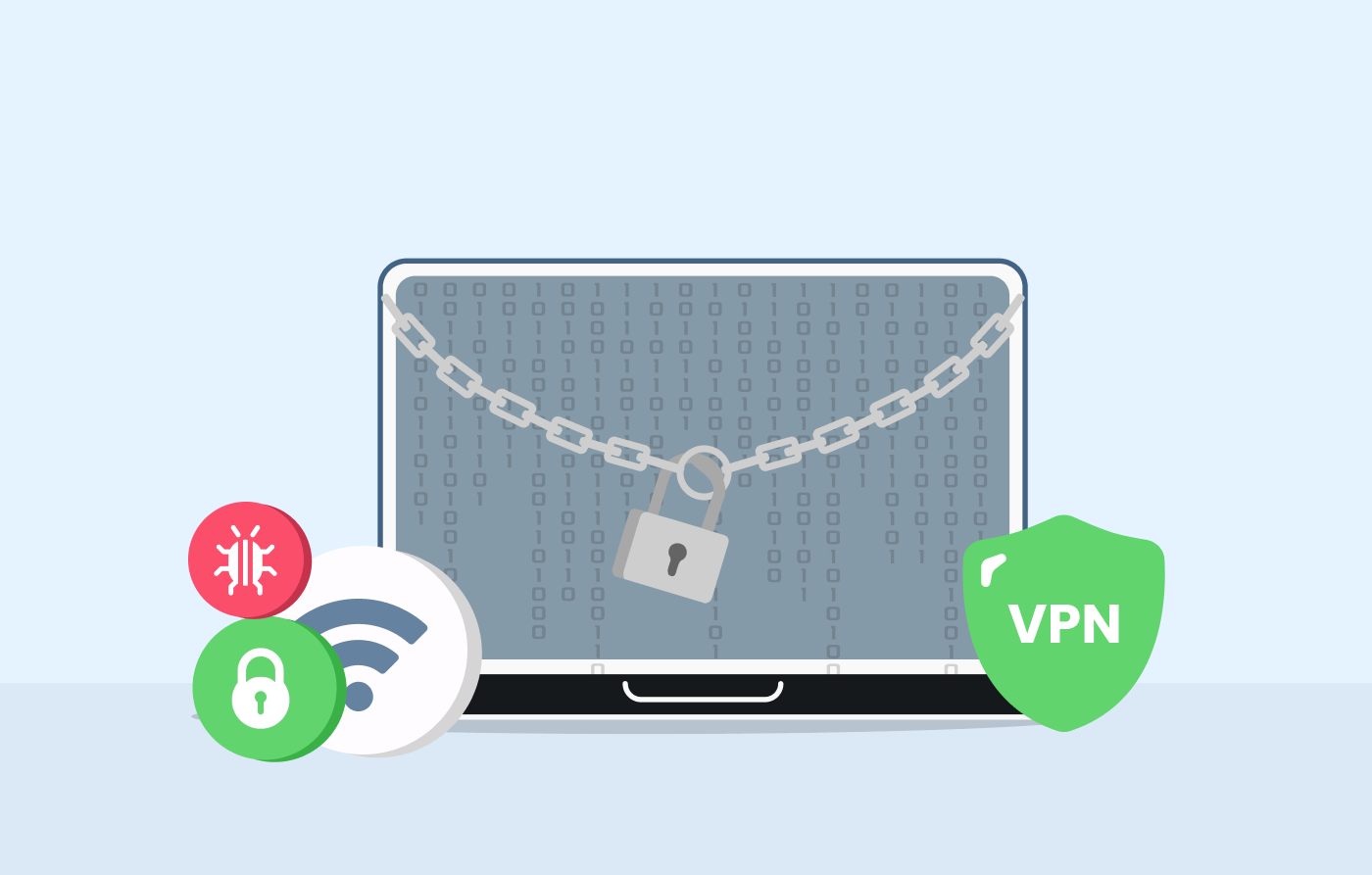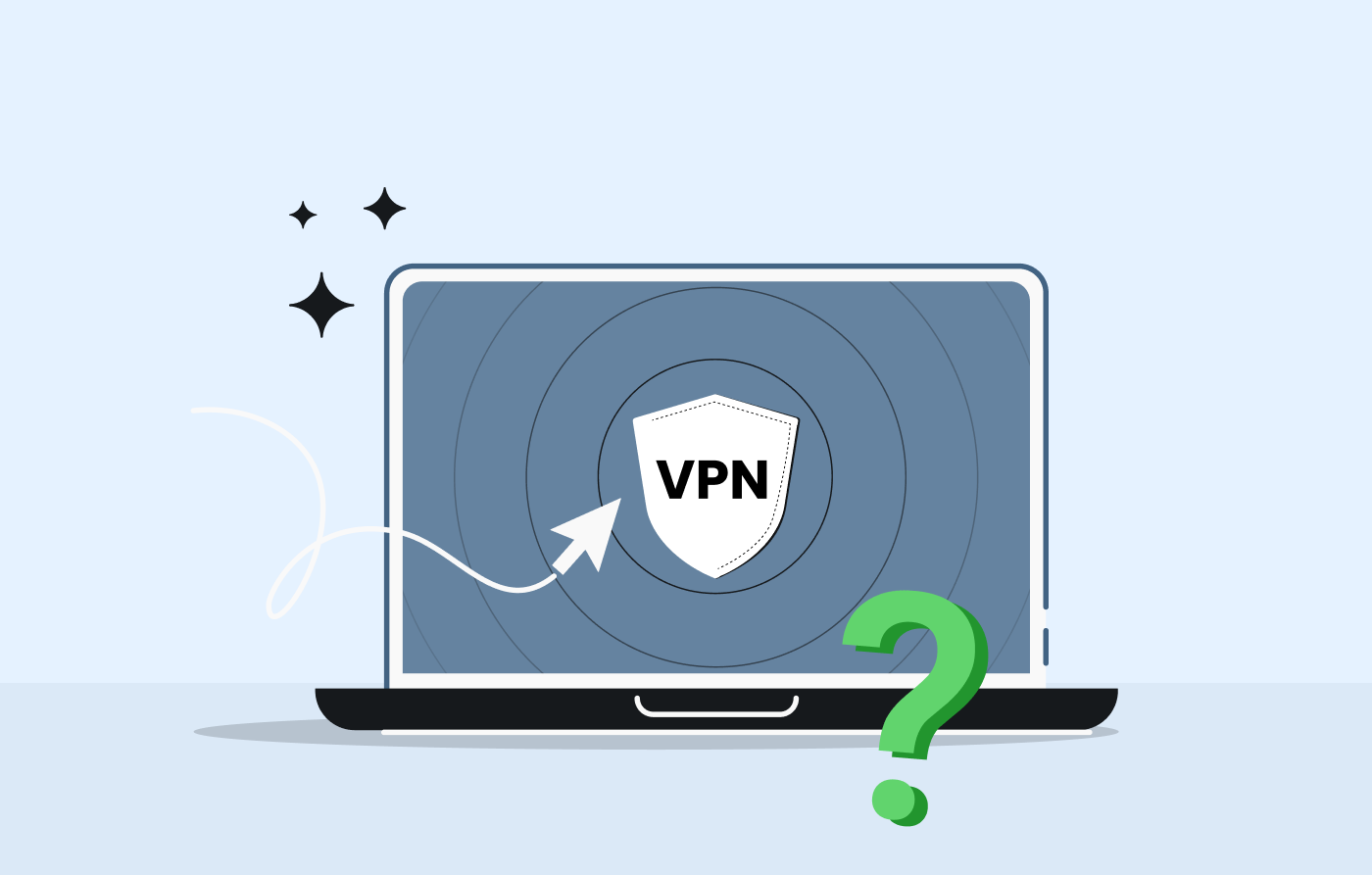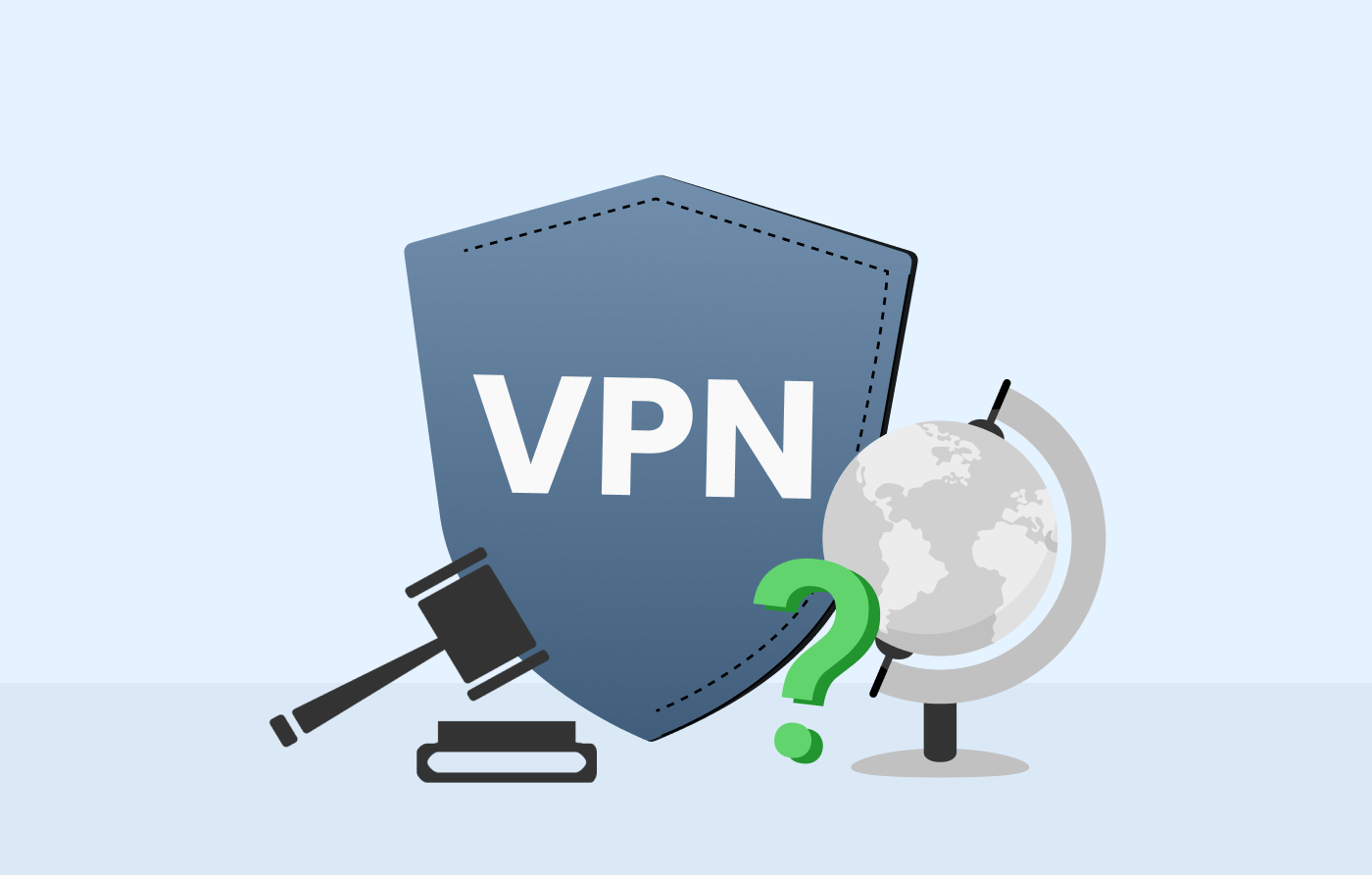-
Free VPNs can be a bargain if you use them for casual purposes.
-
Free VPNs expose users to data theft or, worse because they lack the latest encryption and features.
-
Paid VPNs like NordVPN charge a monthly or yearly subscription but offer great service, including the best privacy and security features.

On the surface, the major distinction between free VPNs vs. paid VPNs is that the former costs nothing. But that is usually a trick to make you lower your guard. Free VPNs make money from selling your data to advertisers and other third parties.
Paid VPNs, on the other hand, get their money from subscription fees and thus are less motivated to scam you. They even invest your subscription fees into more research and development. Since each service is different, which would you choose? A free VPN or a paid one?
Quick guide section: Free vs. paid VPNs
If you have trouble choosing between free and paid VPNs but are short on time, then read through our quick guide.
Dangers of using free VPNs
- They track your online activities frequently
- They often sell your data to third parties
- Their low-security features leave you exposed to IP leaks
- They bug you with ads
- The internet speed is dreadfully low
- Free VPNs have subpar server networks, limited bandwidth, protocols, and features
Advantages of using paid VPNs
- They keep your private data safe and hidden
- Very privacy-friendly
- No data caps and no limitations on the connection speed.
- Operates using a larger, more reliable server network
- Capable of unblocking all major streaming platforms, including Netflix
- Works even in locations with strict censorship, like Saudi Arabia and China
- Offers a wide array of privacy and security
Free vs. premium VPN – Quick comparison
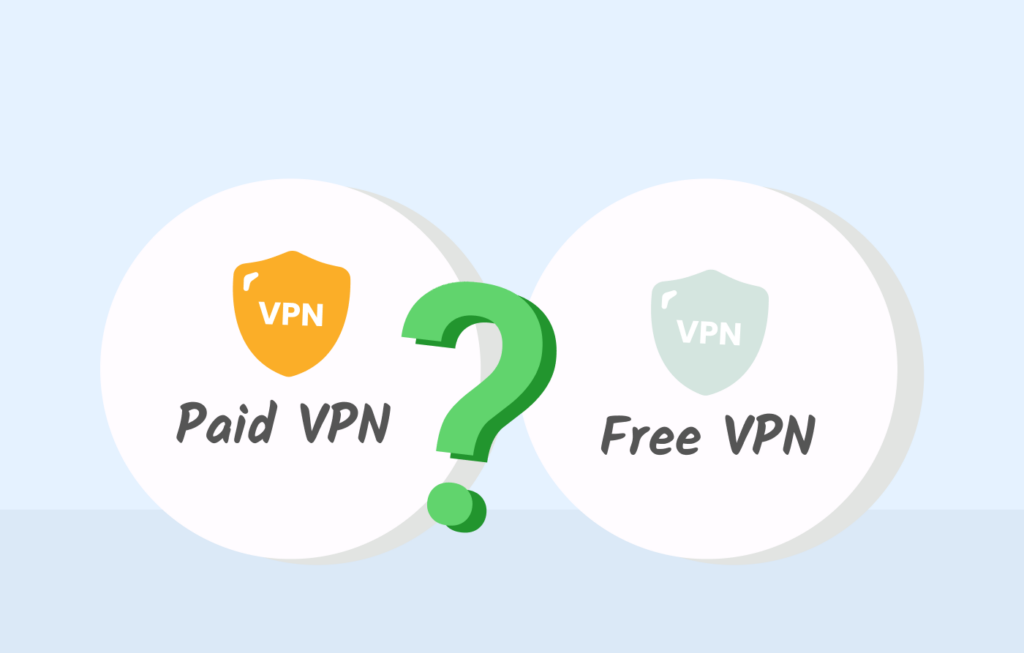
| Features | Free VPN | Paid VPN |
|---|---|---|
| Stable and fast VPN connection | No | Yes |
| Extensive server network | No | Yes |
| Obfuscated IP address | Yes | Yes |
| Unlimited bandwidth | No | Yes |
| Reliable encryption | Yes | Yes |
| 24/7 customer support | No | Yes |
| Multiple simultaneous connections | No | Yes |
| Specialty servers | No | Yes |
| Dedicated IP address | No | Yes |
Free VPN: Brief overview
Free VPNs allow users to utilize their services free of charge. This means that there are no subscription fees when you sign up or download — some might not even require you to sign up.
A question arises: If they offer services at zero cost, how do they make any money? The question is a bit of a head-scratcher since VPNs require a large workforce to keep running smoothly.
How do free VPN companies make money?
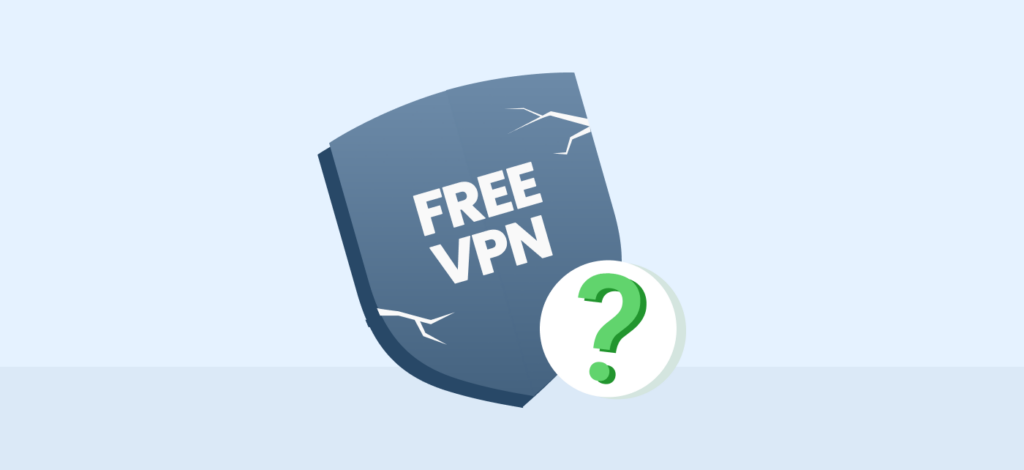
VPN providers are not stated to be non-profit, and as such, free VPNs must make money to stay in business. The problem, however, is how these free VPNs actually make a profit.
Let’s take a walkthrough of the main modes of revenue generation below:
Monitoring and trading your online data
The average internet user may ignore their online activities, but they are a treasure trove to the right party without knowing it.
Free VPN companies recognize the potential wealth that user data represents and take full advantage of it. They sell your data to advertisers willing better to tailor their campaign strategy and target audience’s needs.
The data can include what devices you use to access the internet, the websites you visit, and even how much time you spend online.
Flooding your browser with ads
Ad placement is one of the more popular revenue-generation techniques that free VPNs employ. Every time a user clicks on an ad, the advertisers and the VPN service share the revenue.
So imagine a VPN service with millions of users, each of whom has to click these ads. That’s enough revenue to keep the business from going under.
But these ads are an inconvenience, and they can also contain malicious software capable of damaging your device — some even contain ransomware that encrypts your data, forcing you to pay a ransom before you can regain access.
Pushing you to upgrade to a paid version
Not all free VPNs operate on a 100% free model. Some of them are in fact, a freemium version of a subscription-based service.
These companies create the free version to resemble a regular VPN, but it has enough limitations that you are forced to migrate to a premium plan. The limitations include a data cap and a very short trial period.
Why are there free VPNs?
Since paid VPNs come in all shapes and prices, it makes sense for users to move towards cheaper options. And to the uninformed, free VPNs sound like a great way to securely access the internet without paying a dime.
If you want a free VPN, opt for a freemium package offered by premium services like NordVPN or ExtremeVPN. You can also try VPNs that offer free plans without a need for paid plans.
What are the drawbacks of a free VPN?
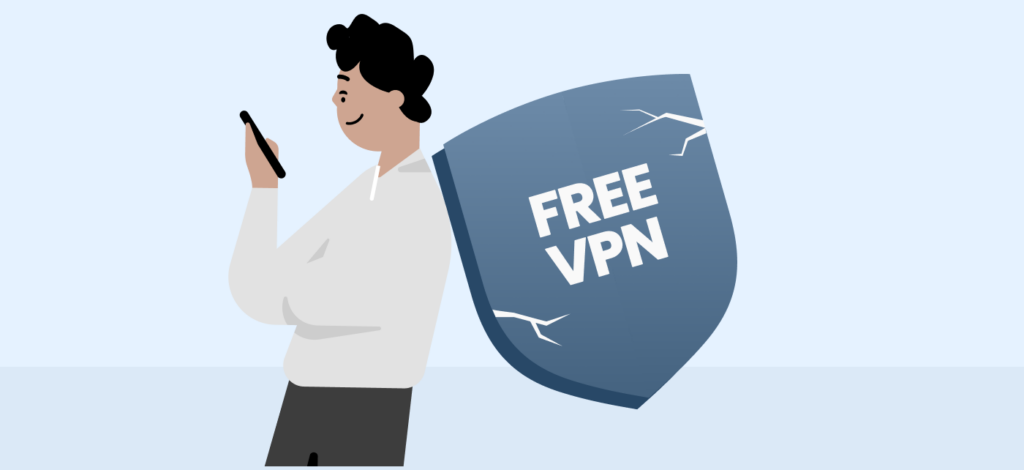
- Weak security: VPNs are designed to improve the user’s online security, but free VPNs can very well weaken your security. Free VPNs usually have less than ideal-server infrastructure, which means poor encryption to boot. Using a free VPN is akin to opening yourself up to cyberattacks.
- Subpar performance: Free VPNs often offer less than you want and far less than you need. Additionally, they often lack the latest features, meaning that the security, privacy, and streaming features are all outdated. The speeds and connection may also be terrible. As such, using a free VPN may be a bad decision.
- Lack of privacy: As we know, a VPN is primarily expected to hide your IP address from snoopers, websites, and ISPs. However, free VPNs operate differently, exposing your IP to third parties. It also helps them to trade your data easily, so they have no obligation to protect it.
Why are paid VPNs better than the free options?
First, unlike a free VPN, a premium VPN offers its services at a fee. This means users are expected to pay subscriptions tiered into monthly or yearly packages. Paid VPNs are a far superior option, capable of providing excellent service all around.
This is largely because they invest the money from subscriptions into the latest security and privacy features. They value the user experience and their privacy as well, and they are constantly implementing new ways to improve their service, thus creating more long-term users.
Free VPNs might be an option to consider if you are a casual user, but they fail compared to the quality, speed, and efficiency of paid VPNs. If you really thought about it, the one perk of a free VPN is that you don’t have to pay for it. And as great as that sounds, it comes with more risk than the money you think you’d save.
Advantages of using a premium VPN
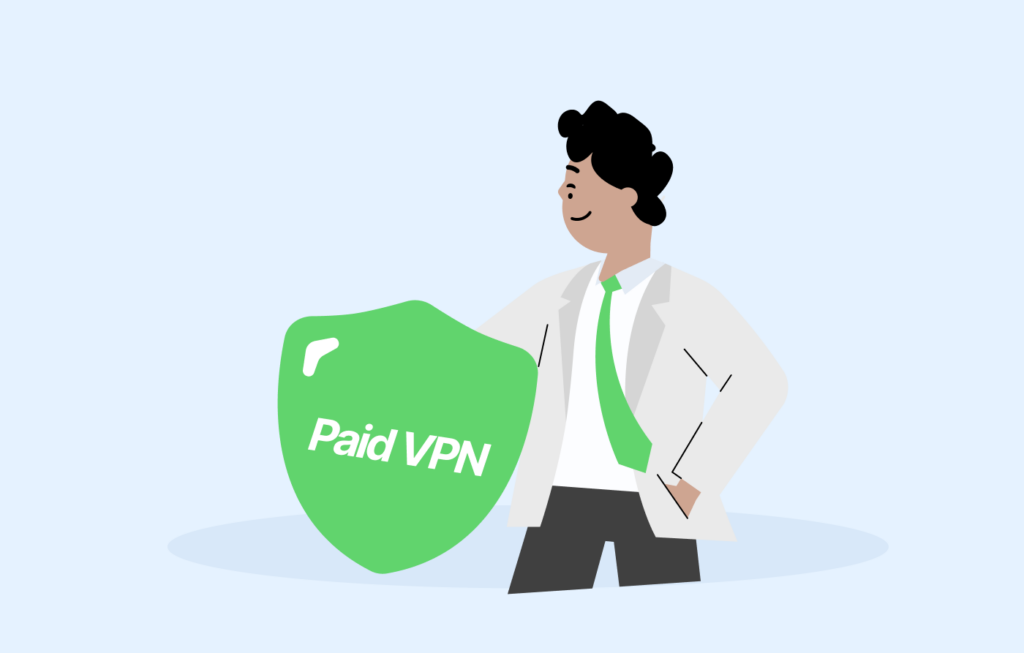
There are a lot of advantages to using paid VPNs. Below are some of the important ones about privacy and security:
A large network of servers
Paid VPNs use thousands of servers in more than 100 countries, which guarantees you always have fast and reliable connection speeds no matter your location. It also provides multiple servers for various purposes:
- Servers designed for obfuscation: These servers allow you to access restricted content in locations with strict internet censorship.
- .Onion Over VPN: This feature is great for additional security when visiting .onion sites.
- Double VPN: This feature redirects your traffic via two servers rather than one for a more secure connection.
- Dedicated IPs: A dedicated IP offers users a set of designated servers for special use.
- P2P servers: This feature allows for seamless and safe file exchange.
Strong privacy
Paid VPNs do not log your online activity, so they cannot sell it. This is unlike free VPNs, which need to sell your data for money.
With a premium VPN, you can afford to leave your VPN always connected without fear of maxing your data allocation — paid VPNs have no data caps and allow limitless use. In fact, leaving the VPN connected at all times is a great way to stay protected even when you are not actively using the internet.
Top-notch encryption
Paid VPNs come equipped with solid encryption, which blocks third parties from accessing your private data. When your VPN is connected, your online activity, IP address, and identity are all hidden and safe, regardless of the connection type — private or public WiFi.
Premium VPNs employ AES 256-bit encryption designed to encode your data, making it unreadable while in transit.
Bypass geoblocks
Users in locations such as Russia, Iran, and China can’t access certain services and platforms because they are blocked. While free VPNs can sometimes bypass these strict restrictions, they may not offer privacy.
However, paid VPNs will not only get you past the heavy restrictions but also keep you hidden and private the entire time.
Additional features
- A reliable Kill Switch feature to step in if the VPN connection fails.
- IP and DNS leak protection that prevents your IP and DNS from getting exposed.
- Advanced features like NordVPN’s Meshnet allow you to connect to other devices from literally anywhere using a private encrypted connection.
- Paid VPNs also have features that notify you the moment your private data reaches the dark web.
- Anti-malware features that keep out malicious ads and external trackers and block you from gaining access to websites infected with malware unknowingly. It even scans downloaded files for viruses.
- A private DNS feature to protect all outgoing DNS requests from nefarious third parties, preventing anyone from monitoring your activities or covertly redirecting your requests to a harmful website.
Which VPN is right for you?
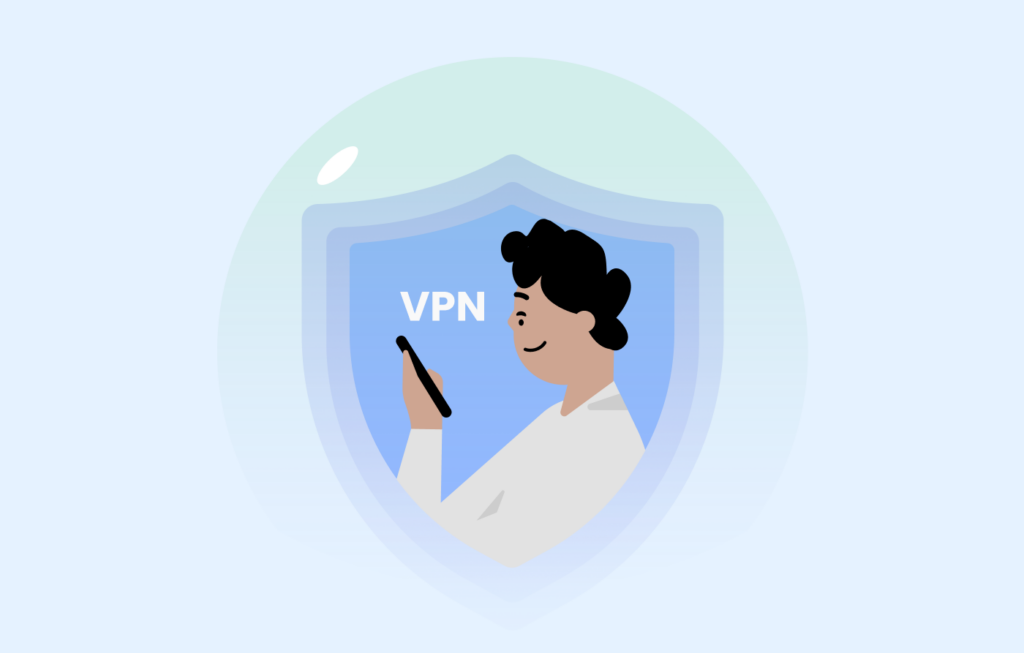
Free VPNs definitely have their appeal, especially if you’re trying to test the VPN experience. However, we do not recommend them because they leverage your privacy and data to generate revenue.
Because of this risk, we advise caution and vigilance when choosing a VPN for your private use. Premium VPNs like NordVPN are a much better and safer option. Even though they cost a subscription, they’ll save much more than you’ll lose with a free VPN.
Are free VPNs safe?
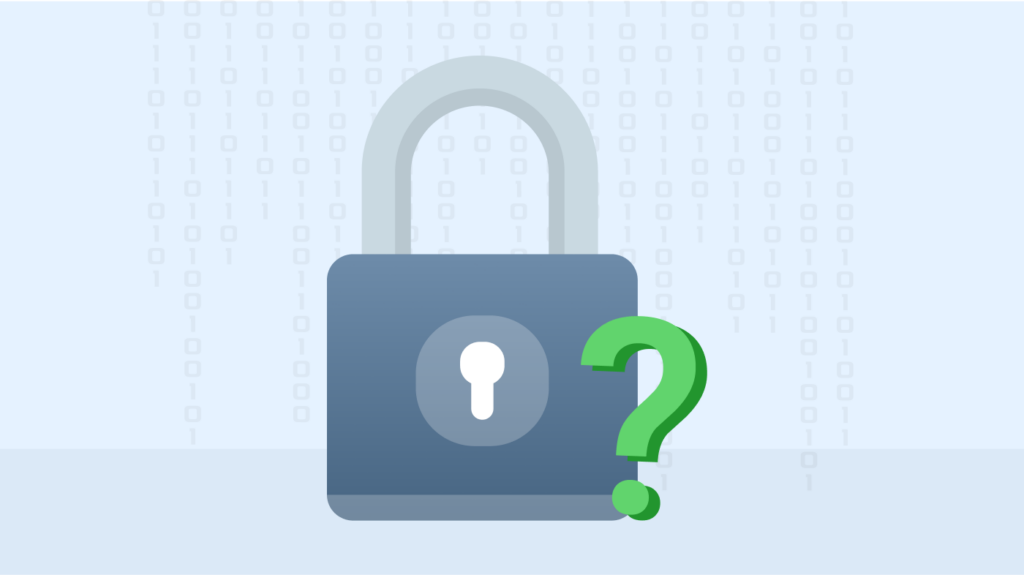
Free VPNs do not have optimal privacy and security protection, so they are directly linked to many data theft incidents. As such, they are not 100% safe. In addition, they do not run the same way as their paid counterparts.
First, they do not have the funding for research and development or security. For this reason, there is a likelihood that these free VPNs will be using outdated security and privacy protocols.
These outdated features and protocols do the inverse of their original function, exposing your data instead of safeguarding it. Here are some examples of VPN protocols:
| VPN Protocol | VPN Protocol |
|---|---|
| Wireguard | Universal |
| OpenVPN | Routers |
| IKEv2 | Universal, but best on mobile devices |
| PPTP | Outdated and Unsafe |
| Shadowsocks | Overcoming the Great Firewall |
| L2TP | Outdated and Unsafe |
The presence of a stable, guaranteed flow of income translates to the development of new features. This is where paid VPN stands out, including new features and protocols to keep up-to-date with the ever-changing cyber threats.
Who are free VPNs for?
With the knowledge about just how vastly different free and paid VPNs are in terms of features and performance, we need to talk about just who uses free VPNs. Here’s an approximation of the average free VPN user:
- An internet user in need of a cost-friendly alternative to evading geo-blocks and censors would prefer a free VPN.
- A casual user who wants to get just the right amount of online protection but does not want a subscription.
- Newbie internet users are still trying to master the use of VPN software, and they need a free version to practice with.
- Internet users who want the perks of a VPN but aren’t willing to do it long-term or for a price.
Are paid VPNs worth the price?
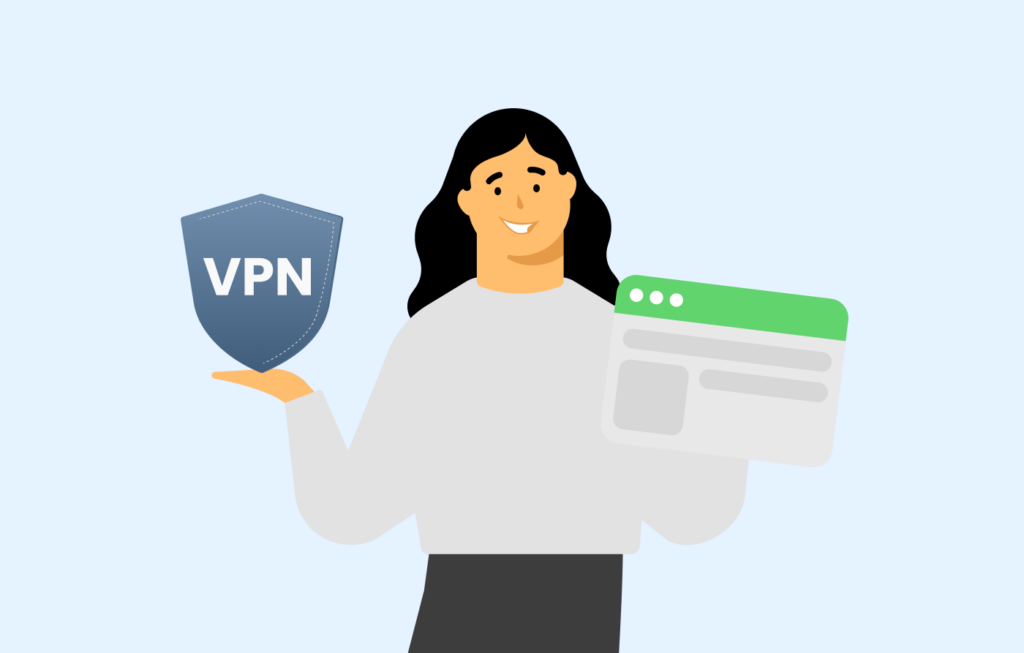
Paid VPNs are worth the price. A premium VPN will ensure you stay immune to any leaks, whether DNS, WebRTC, or IP leaks. It is also less susceptible to hackers, snoopers, and ISPs.
Unlike free VPNs, paid VPNs implement the latest security and privacy features, such as WireGuard. But that’s not all; paid VPNs also have the funding to innovate even newer and more secure protocols. You can expect a reliable kill switch that helps to cut the internet connection the moment the VPN fails unexpectedly.
Furthermore, you can designate which apps you want protected by the VPN and which you want to function outside. This feature is known as “split tunneling,” which allows you to use certain websites and apps, such as your banking apps, that wouldn’t work with a VPN-replaced IP address.
Comparison of the best premium VPNs
| VPN services | Total server locations | Logging policy | Price |
|---|---|---|---|
| NordVPN | Over 8,000 servers in 120+ countries | No-logs | $2.99 monthly |
| ExtremeVPN | 6,500+ in 78+ countries | No-logs | $3.29 monthly |
| Surfshark | 3200+ in 100+ countries | No-logs | $2.19 monthly |
Best paid VPNs in 2026
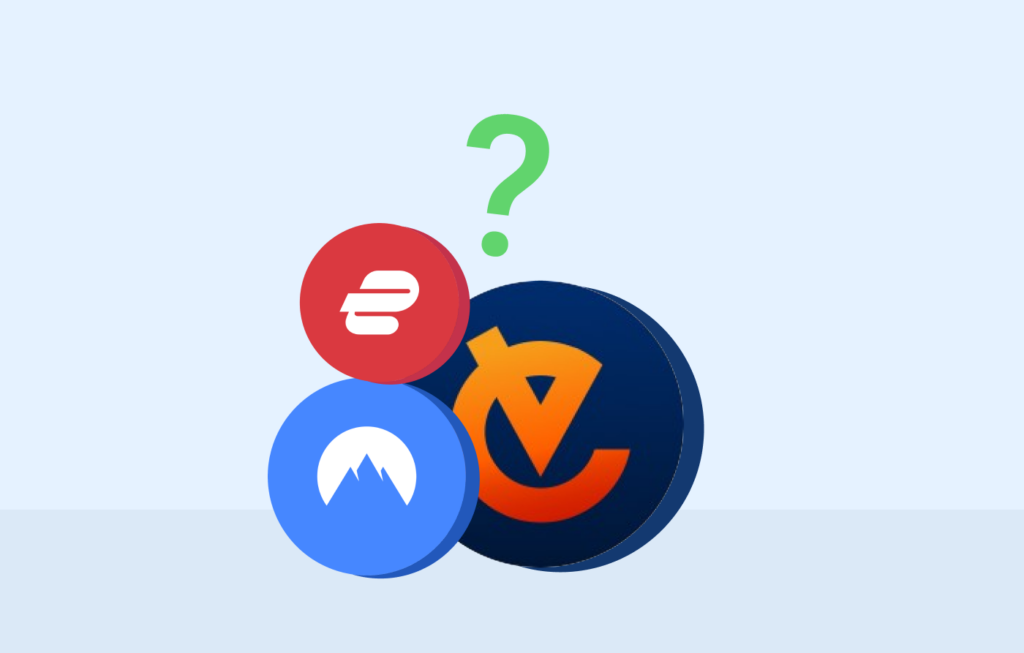
Here’s our selection of paid VPN services that give you value for your money:
NordVPN
Features
-
NordLynx, OpenVPN, IKEv2/IPSec protocols
-
Double VPN
-
Dedicated IPs
-
Onion over VPN
-
DNS, WebRTC, IPv6 leak protection
Pros and Cons
- Unblocks all major streaming sites
- Smart DNS feature
- Can get around geo-restrictions
- Top-notch security features
- Affordable subscription cost
- High connection speeds
- Free trial only for Android
NordVPN is a great premium VPN option. It is efficient and backed by the best and latest security and privacy features in the market today. It can easily get past geo-blocks on multiple streaming platforms, allowing users to access content from anywhere in the world. For users with routers that don’t support VPN use, the SmartDNS feature enables streaming compatibility.
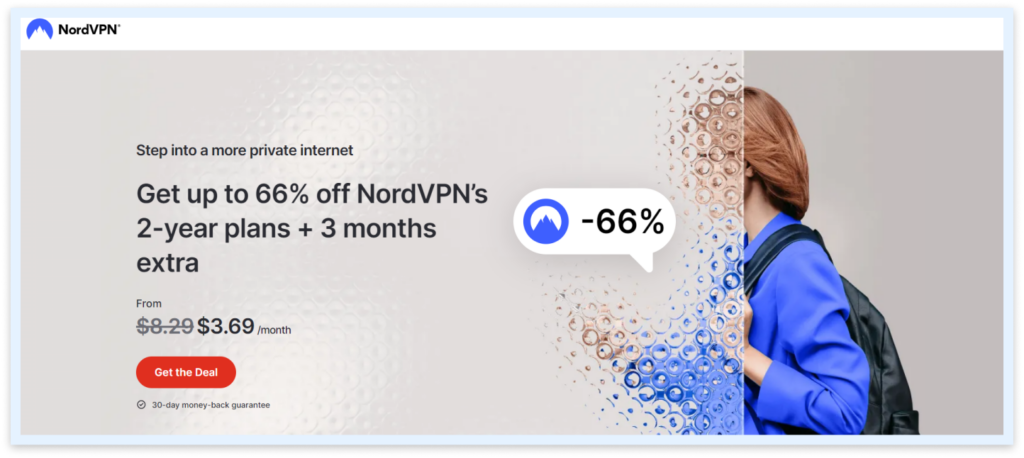
NordVPN offers users high and reliable connection speeds, ensuring a buffer-free streaming experience. Furthermore, for users in locations with strict censorship laws, NordVPN has over 8,000 servers in 120+ different countries — all of which are secure and designed to unblock any restricted content. Thanks to its high-quality encryption and the best privacy protocols, users can expect total anonymity and security. NordVPN costs $2.99 monthly and includes a 30-day money-back guarantee and a 7-day free trial.
ExtremeVPN
Features
-
256-bit AES encryption
-
10 simultaneous connections
-
RAM-only servers
-
Split tunnelling
-
Obfuscation
Pros and Cons
- Excellent streaming choice
- Impressive server network
- 24/7 customer service
- Reliable speeds
- Limited device compatibility
ExtremeVPN is a service famous for its impressive speeds and extensive security features. It is perfect for avid streamers and gamers. This VPN has no trouble unblocking all major streaming platforms, including BBC iPlayer, Amazon Prime, Netflix, and others.
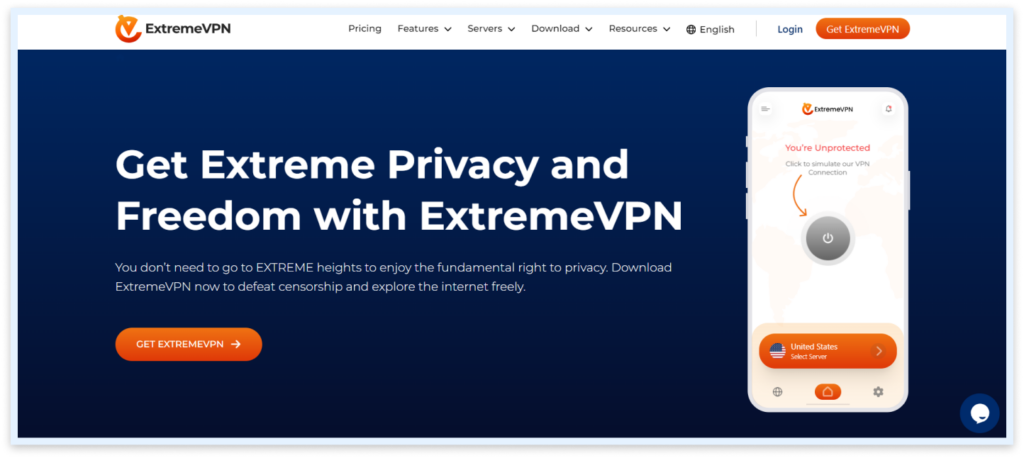
Thanks to its military-grade AES-256 encryption, users can expect high-quality data security. ExtremeVPN also allows you to switch between security protocols depending on which best suits your needs.
Users can rest assured that their data and traffic are protected with protocols like IKEv2/IPSec, OpenVPN, WireGuard, IP/DNS leak protection, and a kill switch. ExtremeVPN also features a no-logs policy. ExtremeVPN subscription plan costs $3.29 a month and comes with a 30-day money-back guarantee.
Surfshark
Features
-
Dynamic MultiHop
-
P2P servers
-
WireGuard, OpenVPN, IKEv2/IPSec
-
DNS leak protection
-
Dedicated IPs
Pros and Cons
- Compatible client apps
- Impressive connection speeds
- Unlimited simultaneous device connection
- Great unblocking capabilities
- Can easily circumvent geo-blocks
- No free trial for Windows
Surfshark is a budget-friendly VPN option, especially if you don’t want to sacrifice quality. For streaming, this VPN is equal to unblocking major platforms such as Netflix, Hulu, Max, BBC iPlayer, and others.
Surfshark has 3,200+ servers in more than 100 countries, ensuring there’s no limit to the platforms it can unblock. Users can also find compatible client apps for streaming devices and smart TVs. If your router does not support VPN use, SurfShark has the SmartDNS feature that allows the two to work in tandem. It also works great with devices running on Raspberry Pi.
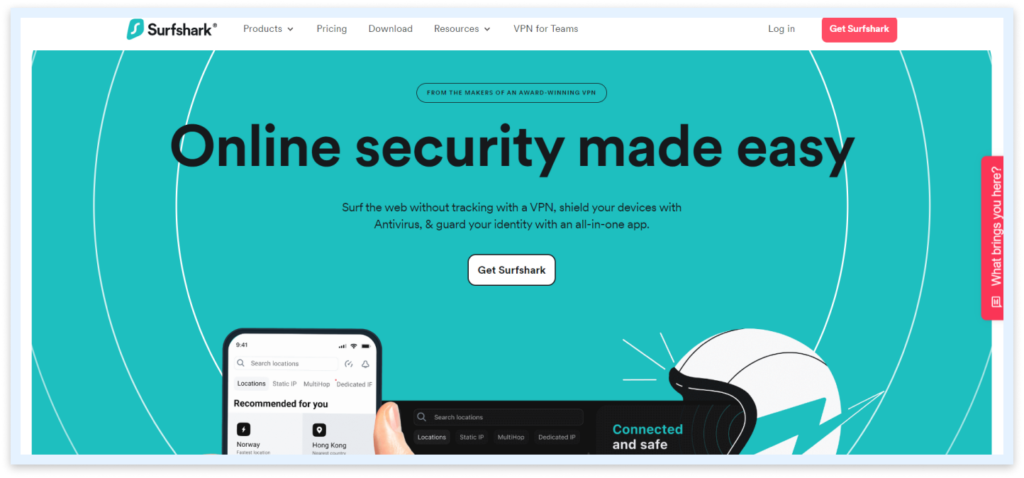
Thanks to the privacy policy, users can also expect their private data and online activities to stay private. Surfshark protects your data with military-grade AES-256 encryption, IP/DNS leak protection, and CleanWeb. Since this VPN is affordable, you can get a plan for as low as $2.19 monthly or use the 7-day free trial. There is also a 30-day money-back guarantee.
Tips on choosing the best free or paid VPN
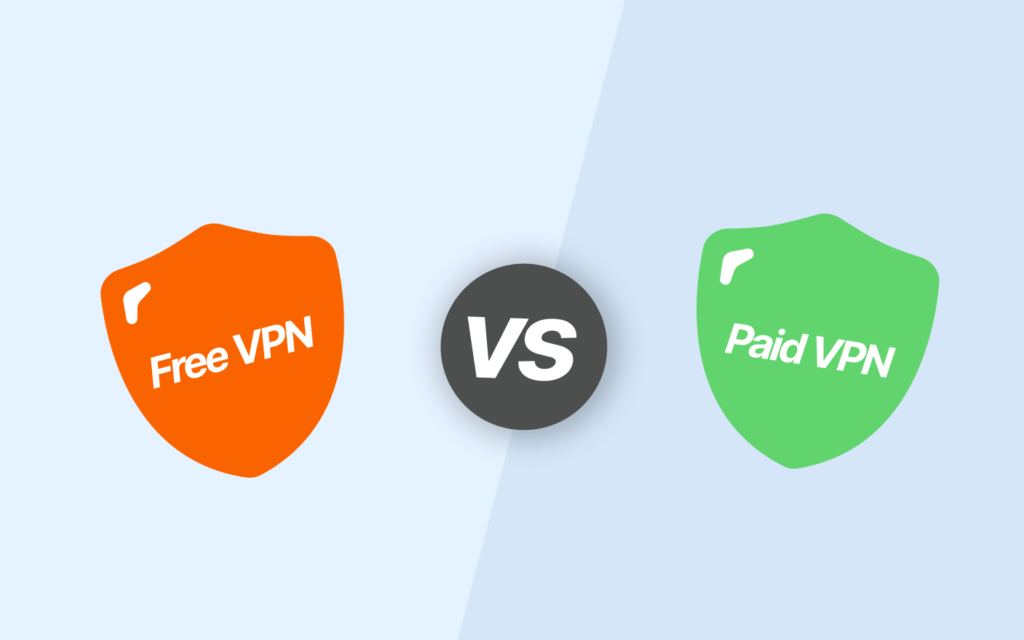
These are the factors that you should consider if you need to decide on the option that works best for you. Free or paid VPN, whichever you choose, ensure you keep the following in mind:
- Cost and free trials: A VPN’s cost is not only an important factor to consider but it should be the first one. Paid VPNs will, on average, offer good service, but it takes careful research to find the one that offers great value for its cost. A great way to gauge if a VPN’s quality matches its price is through free trials. A free trial allows you to assess the performance features at no cost. Another method of testing VPNs is a money-back guarantee plan.
- Server network: A VPN’s ability to offer adequate reliable speeds and a wide range of secure IP addresses depends on its server network. With a free VPN, the server network is limited, only offering servers in specific locations.
- Data limits: Free VPNs are notorious for their monthly data caps, which work to restrict the amount of data users get each month. This is different with paid VPNs, though, as they offer unlimited data. So, if you need a service that makes high-bandwidth activities easier, like gaming, downloading, and streaming, go for paid VPNs.
- Speeds: Speed is a very vital component for a smooth internet experience. All the great qualities of a paid VPN would be for naught if the connection speeds are low, so be on the lookout for this particular factor.
- Security: Security features are essential to protect users from cyber threats and privacy attacks. So when choosing a VPN, ensure you look out for the types of encryption, IP/DNS leak protection, and a kill switch. Remember that these features are rare in free VPNs, so be careful when you try them out.
- Privacy: Privacy and VPNs are inseparable, so it should be considered when selecting a VPN. Look for the privacy protocols and policy, confirming whether it keeps logs and is independently audited.
- Customer support availability: 24/7 customer support is very important because users are bound to encounter technical issues frequently. Therefore, it is important for you to assess their response time, availability, and effectiveness. Note that free VPNs often lack customer support.
Conclusion
There may be cases where it is okay to use a free VPN, such as if you need a quick fix for a blocked website or want to try out a feature. However, this service isn’t always safe. In the long run, free VPNs cause more damage than the money they claim to save you.
Paid VPNs are a much better alternative, and even though they charge a subscription fee, they are often worth the services you enjoy. There are tons of features for you to choose from, and you are assured of a secure, seamless, and private experience all around. So, we can confidently say paid VPNs win this round.
FAQs
Paid VPNs are better than free VPNs all around, the only ‘edge’ that free VPNs have is they are free. But even this is no advantage as these free VPNs often generate revenue by selling your data.
Well, yes and no. Both free and paid VPNs have the potential to monitor user activity and sell user data, but only free VPNs are guaranteed to do so. Some paid VPNs have also sold user data in the past. We recommend using only premium VPNs like NordVPN, ExtremeVPN, and SurfShark.
NordVPN is the best VPN for overall quality and performance, while SurfShark is the best VPN for affordability and value for money.
Free VPNs are less likely to support Netflix because of the Limited server network, congested servers, and limited connection speeds.

